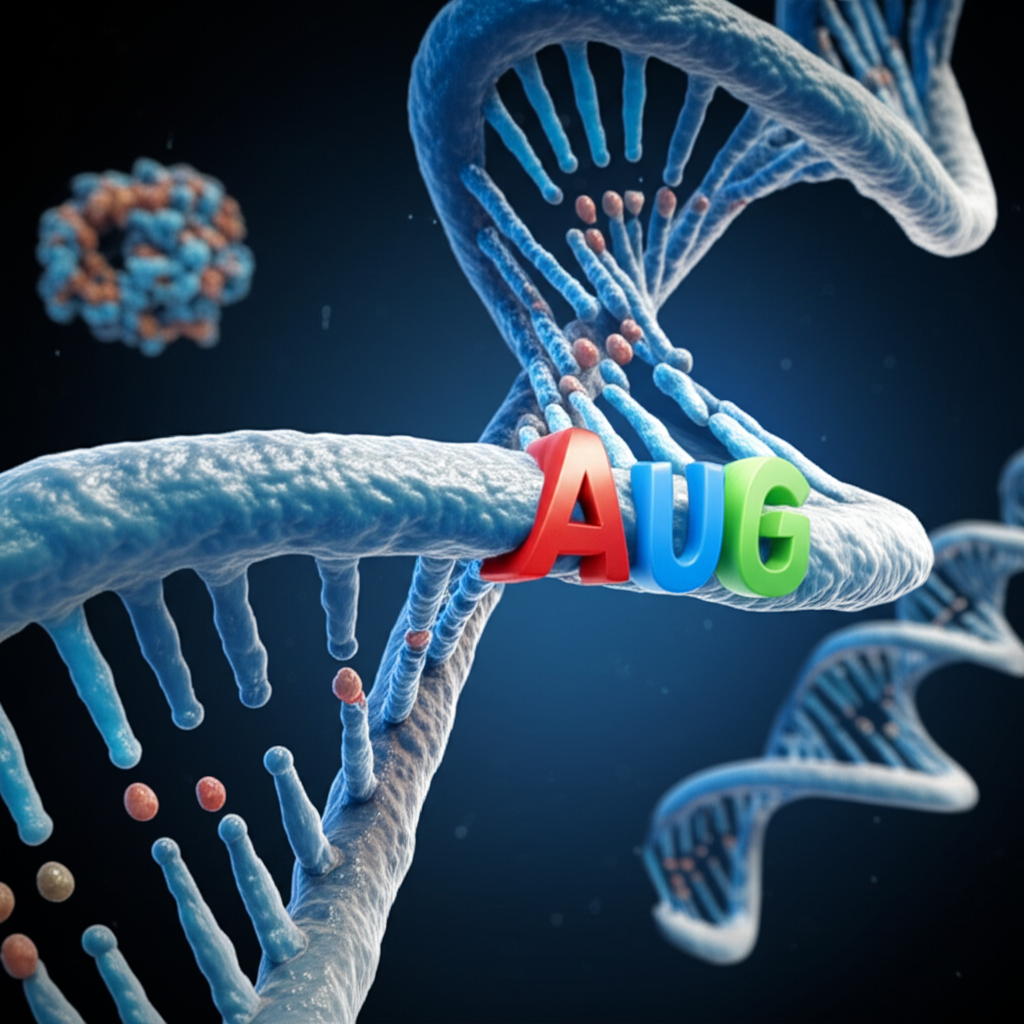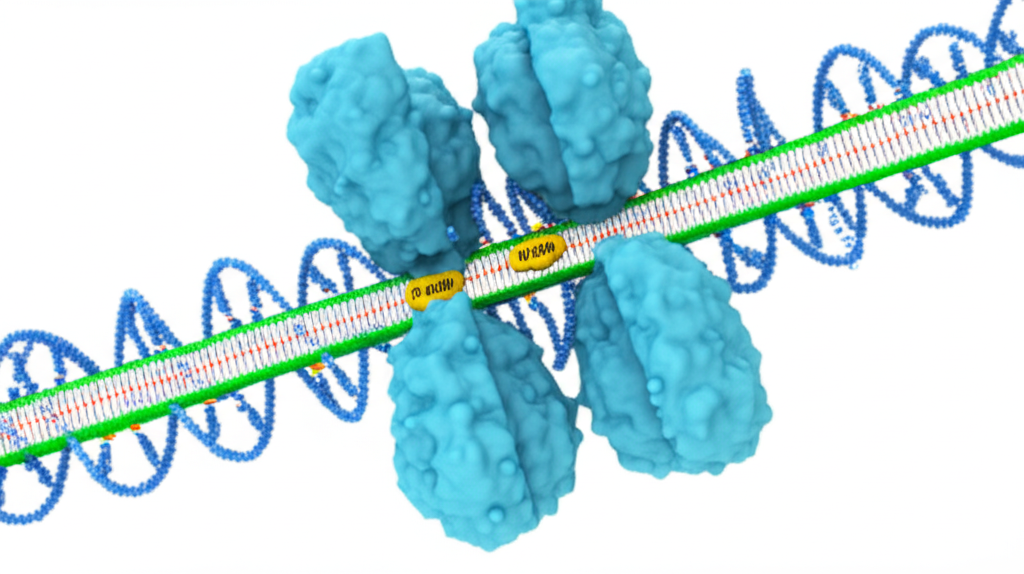
Categories: Genetics, Molecular Biology, Biotechnology
Tags: start codon, protein synthesis, genetic code, molecular biology, translation, amino acids, initiation codon
What is the Start Codon? Understanding Its Role in Protein Synthesis
In the intricate world of genetics, understanding the building blocks of life is crucial. One of these fundamental components is the start codon. But what exactly is it, and why is it so important in the process of protein synthesis? In this article, we will delve into the definition, function, and significance of the start codon, shedding light on its essential role in translating genetic information into proteins.
What is a Start Codon?
A start codon is a specific sequence of nucleotides in mRNA (messenger RNA) that signals the beginning of a protein-coding sequence. In the genetic code, the most common start codon is AUG, which codes for the amino acid methionine. This codon not only marks the initiation point for translation but also plays a critical role in ensuring that proteins are synthesized correctly within cells.
The Role of the Start Codon in Protein Synthesis
Protein synthesis is a multi-step process that involves transcription and translation. The start codon is pivotal during the translation phase, where ribosomes read the mRNA sequence and assemble amino acids into a polypeptide chain, ultimately forming a protein.
Key Functions of the Start Codon:
- Initiation of Translation: It signals the ribosome to begin translating the mRNA into a protein.
- Specifying the First Amino Acid: The start codon determines the first amino acid in the polypeptide chain, which is crucial for proper protein structure and function.
- Facilitating Ribosome Binding: The presence of a start codon allows the ribosome to correctly position itself on the mRNA strand, ensuring accurate translation.

The Genetic Code and Start Codon Variations
The genetic code consists of 64 codons, of which three are stop codons, signaling the termination of translation. The remaining 61 codons code for amino acids, with AUG being the primary start codon. However, there are variations in different organisms, such as:
| Organism Type | Common Start Codon(s) |
|---|---|
| Eukaryotes | AUG |
| Archaea | AUG, GUG |
| Bacteria | AUG, GUG |
This table highlights the diversity in start codons among various life forms, showcasing the adaptability of the genetic code.
Importance of the Start Codon in Biotechnology
The significance of start codons extends beyond natural biological processes. In biotechnology, understanding start codons is essential for:
- Gene Cloning: Ensuring that inserted genes are properly expressed in host organisms.
- Protein Engineering: Designing proteins with desired functions or properties.
- Therapeutic Applications: Developing targeted protein therapies for diseases.
Expert Insights on Start Codons
Dr. Emily Johnson, a molecular biologist at Genetic Innovations, emphasizes the importance of the start codon in genetic engineering: “The start codon is not just a marker; it’s the gateway to protein synthesis. Any error at this point can lead to non-functional proteins.”
Another expert, Professor Mark Thompson, a geneticist at the University of Science, adds, “Understanding the nuances of start codons allows us to manipulate genetic sequences more effectively, paving the way for advancements in gene therapy and synthetic biology.”
Conclusion
In summary, the start codon is a fundamental element in the realm of molecular biology. It plays a critical role in initiating the translation process, ensuring that proteins are synthesized correctly. As we continue to explore the genetic code and its applications in biotechnology, the significance of start codons will remain a cornerstone of our understanding of life at the molecular level.
Call-to-Action
Are you interested in diving deeper into the world of genetics and biotechnology? Explore our range of resources and tools designed for students and professionals alike. Join us at AudioX for the latest in molecular biology innovations!
Social Media Snippet: Discover the crucial role of the start codon in protein synthesis! Learn how it initiates translation and its significance in genetics. #Genetics #StartCodon
Suggested Internal Links:
- Understanding Protein Synthesis
- Explore the complete process of how proteins are made in cells.
- The Genetic Code Explained
- Learn about codons, amino acids, and their roles in biology.
- Gene Cloning Techniques
- Discover methods used in genetic engineering and biotechnology.
Suggested External Links:
FAQs
What is a start codon?
- A start codon is a sequence in mRNA that signals the beginning of protein translation, most commonly AUG.
Why is the start codon important?
- It initiates translation, specifies the first amino acid, and ensures that the ribosome correctly binds to the mRNA.
Are there variations of start codons?
- Yes, while AUG is the primary start codon, other variations exist in different organisms, such as GUG in some bacteria.
Can errors in the start codon affect protein synthesis?
- Absolutely, errors can lead to incomplete or non-functional proteins, highlighting the importance of accurate codon usage.
How does the start codon relate to genetic engineering?
- Understanding start codons is essential for ensuring that inserted genes are properly expressed in various applications, including therapeutics and biotechnology.
This blog post is designed to be informative, engaging, and optimized for search engines, following the guidelines provided.